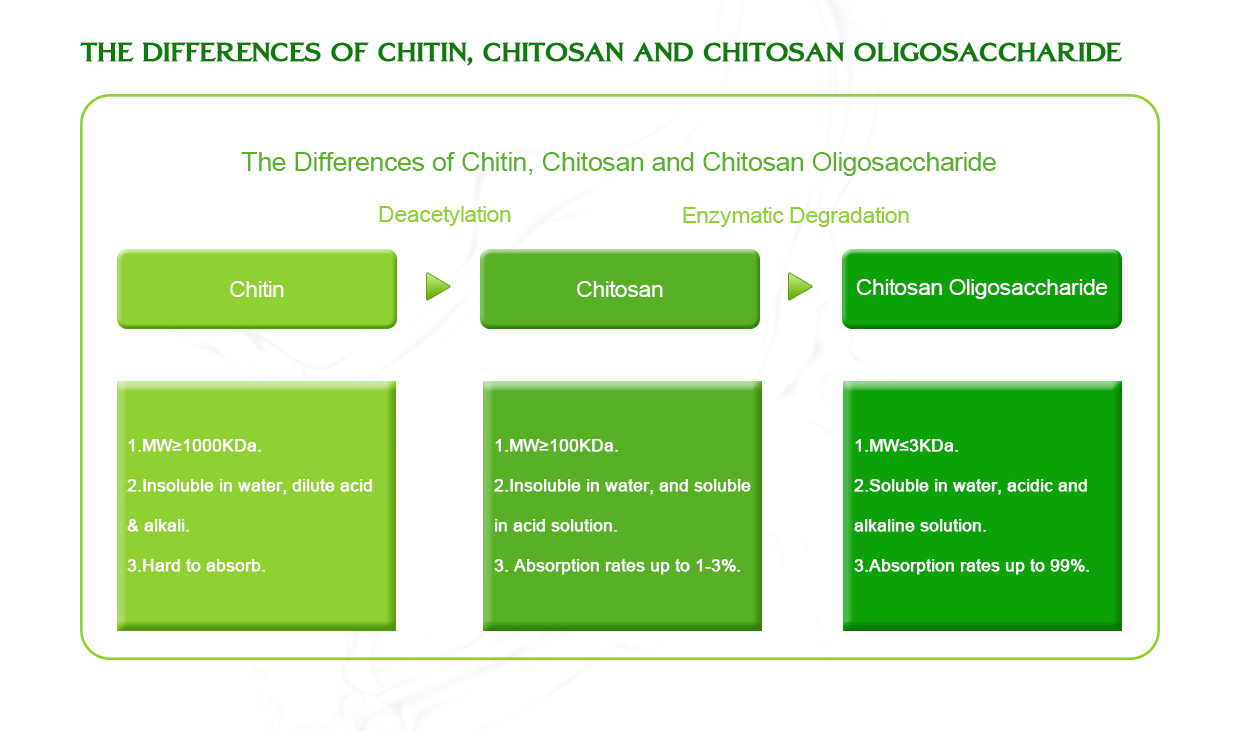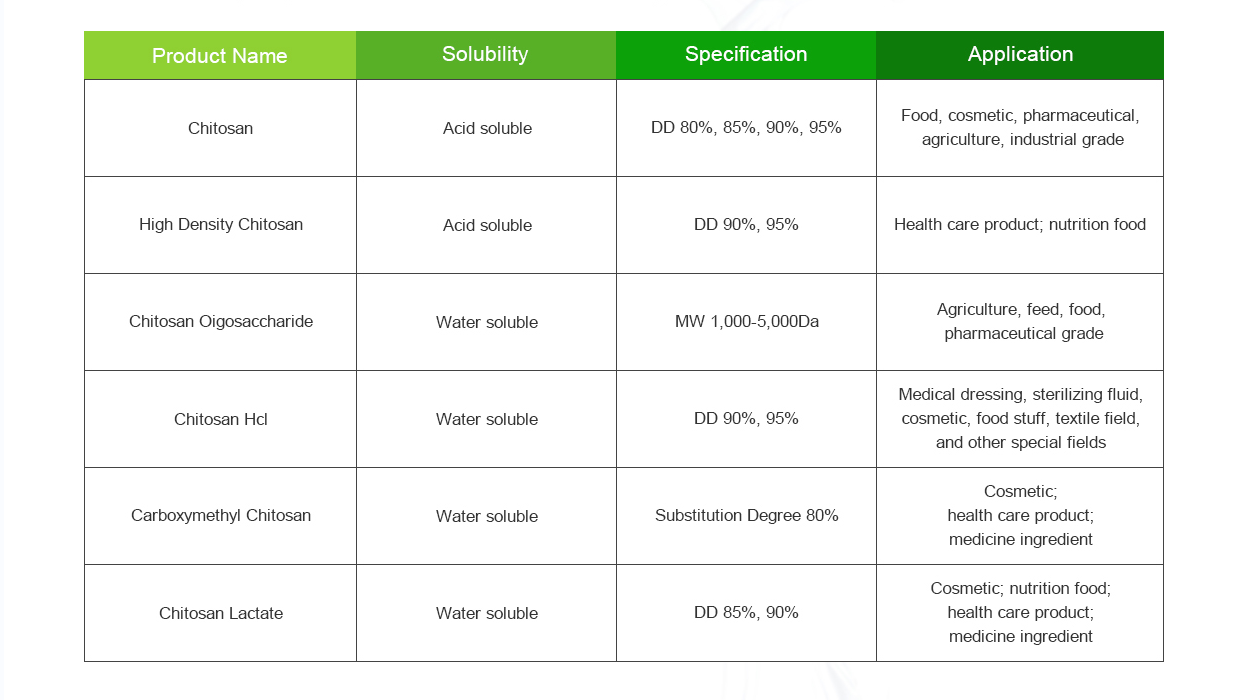Chitosan oligosaccharide is a derivative of chitosan, which is a biopolymer derived from chitin, a natural polymer found in the shells of crustaceans like shrimp and crabs. Chitosan oligosaccharide has gained attention for its potential health and agricultural benefits. It’s important to note that while chitosan oligosaccharide has been studied for various applications, its effectiveness and best practices can vary depending on the specific use case. Here are some general guidelines:

1.Health and Nutritional Supplements:
Chitosan oligosaccharide is often marketed as a dietary supplement due to its potential health benefits. Some studies suggest that it may have antioxidant, anti-inflammatory, and immune-enhancing properties. If you’re considering using chitosan oligosaccharide as a dietary supplement, it’s essential to consult with a healthcare professional before starting any new supplement regimen. Dosage recommendations and potential interactions with medications can vary.
2.Plant Growth Promoter:
Chitosan oligosaccharide is also used in agriculture as a plant growth promoter and as a natural alternative to synthetic chemicals. It can enhance seed germination, root development, and overall plant growth. To use it effectively in agriculture:
- Dilute chitosan oligosaccharide in water according to the manufacturer’s instructions.
- Apply the solution as a foliar spray or root drench. This can be done during different growth stages of the plants.
- Monitor plant responses and growth improvements. Remember that results may vary based on plant species, soil conditions, and other factors.
3. Crop Protection:
Chitosan oligosaccharide can act as a biopesticide, helping to protect crops from certain pests and diseases. It forms a film on the plant surface, which can deter insects and inhibit the growth of some pathogens. To use it for crop protection:
- Prepare a chitosan oligosaccharide solution as recommended by the manufacturer.
- Apply the solution to the plants, ensuring good coverage on both sides of leaves.
- Follow a regular application schedule to maintain protection.
4. Aquaculture:
Chitosan oligosaccharide has been explored for its potential benefits in aquaculture, including improving water quality, enhancing immune responses in aquatic organisms, and promoting growth. Application methods and dosages can vary based on the specific aquatic system and species.
When using chitosan oligosaccharide, it’s important to:
- Follow the manufacturer’s instructions for dosage and application.
- Be aware of potential allergies or sensitivities, especially in cases of dietary supplementation.
- Monitor and document the effects of chitosan oligosaccharide on your intended application.
- Consider conducting trials on a small scale before applying to a larger area or system.

Remember that scientific research on chitosan oligosaccharide is ongoing, and its effectiveness in various applications may continue to evolve as more studies are conducted. Always stay updated with the latest research and consult with experts in the specific field before using chitosan oligosaccharide for optimal results.
